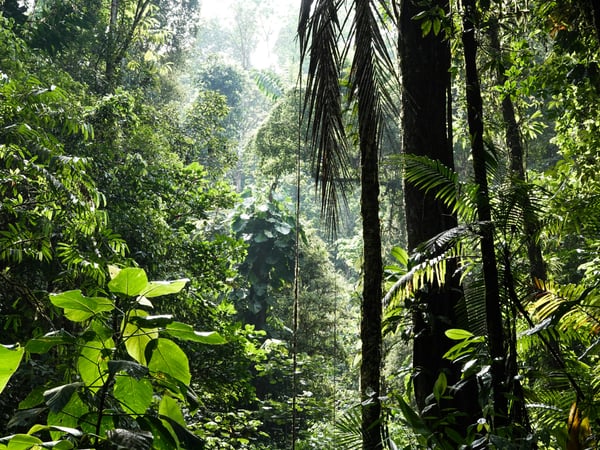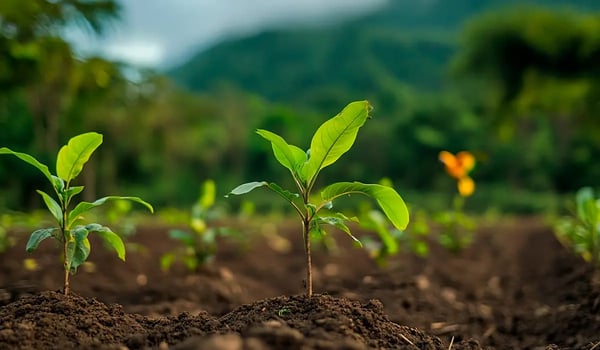Brazil has positioned itself at the forefront of global forest conservation by making the first...
Brazil's Bold Move: Energizing Forest Conservation Through Public-Private Partnerships
In a significant stride toward environmental sustainability and economic development, Brazil has embarked on a novel approach to managing its vast public forests. By fostering collaborations between the government and private sector, Brazil aims to enhance forest management, conservation, and reforestation efforts, thereby securing a greener future and bolstering the livelihoods of local communities.
A New Era of Forest Management
The recent announcements by both federal and state governments in Brazil signal a transformative shift in how public forests are managed and conserved. At the heart of this movement is the establishment of a working group dedicated to overseeing Improved Forest Management (IFM) programmes. These programmes are uniquely designed to harmonize sustainable agriculture with carbon projects in regions inhabited by traditional communities.
President Luiz Inácio Lula da Silva's administration underscores the potential of the forest bioeconomy to uplift community and family-managed projects. The vision is clear: by leveraging the natural wealth of forests in a sustainable manner, Brazil aims to provide these communities with a path to enhanced quality of life, increased income, and greater autonomy. Furthermore, this initiative is expected to bolster the management capabilities of forestry businesses, thereby contributing to the broader goals of environmental conservation and economic resilience.
The working group is poised to implement policies across an expansive area of over 45 million hectares of public forests. This initiative will bring together expertise from various governmental bodies, including the Ministry of Environment, the Brazilian Forestal Service, and the Instituto Chico Mendes de Conservação da Biodiversidade, among others. Together, they aim to forge a new path for forest conservation that is both sustainable and inclusive.
Revitalizing Public Forest Management
Parallel to the IFM programmes, the Brazilian government has revitalized the Public Forest Management Commission. This body plays a pivotal role in managing concessions of federal public land to private companies for afforestation, reforestation, and restoration projects. Notably, the Lula administration has made significant progress by launching the country’s first public calls for such projects on federal lands and signing new contracts that cover 200,000 hectares of public land in the Amazon.
State-Level Initiatives: A Model for the Future
Adding to the federal efforts, the state of Pará has announced its plan for a 10,000-hectare ARR pilot project. This project represents a groundbreaking step for Pará, marking the first instance where private companies are invited to develop ARR projects on public forest land. The initiative, developed in partnership with The Nature Conservancy, is not just a pilot but a model for future concessions, aiming to allocate 5.6 million hectares of public land for ARR projects by 2030.
Conclusion: A Blueprint for Sustainable Development
Brazil's innovative approach to public forest management, emphasizing partnerships between the government and the private sector, sets a precedent for sustainable development and conservation. By aligning economic incentives with environmental stewardship, Brazil is not only protecting its rich biodiversity but also paving the way for a sustainable future that benefits both communities and the planet. This holistic approach to managing public forests could very well serve as a blueprint for other nations in the quest for sustainability and economic resilience in the face of environmental challenges.






